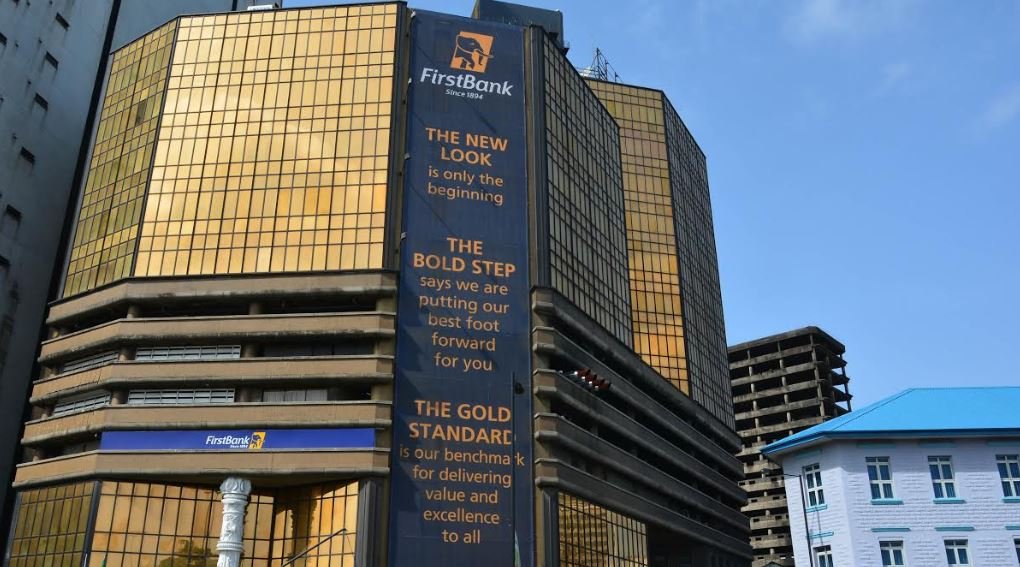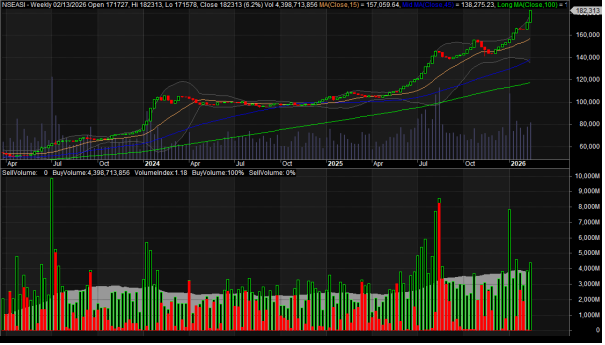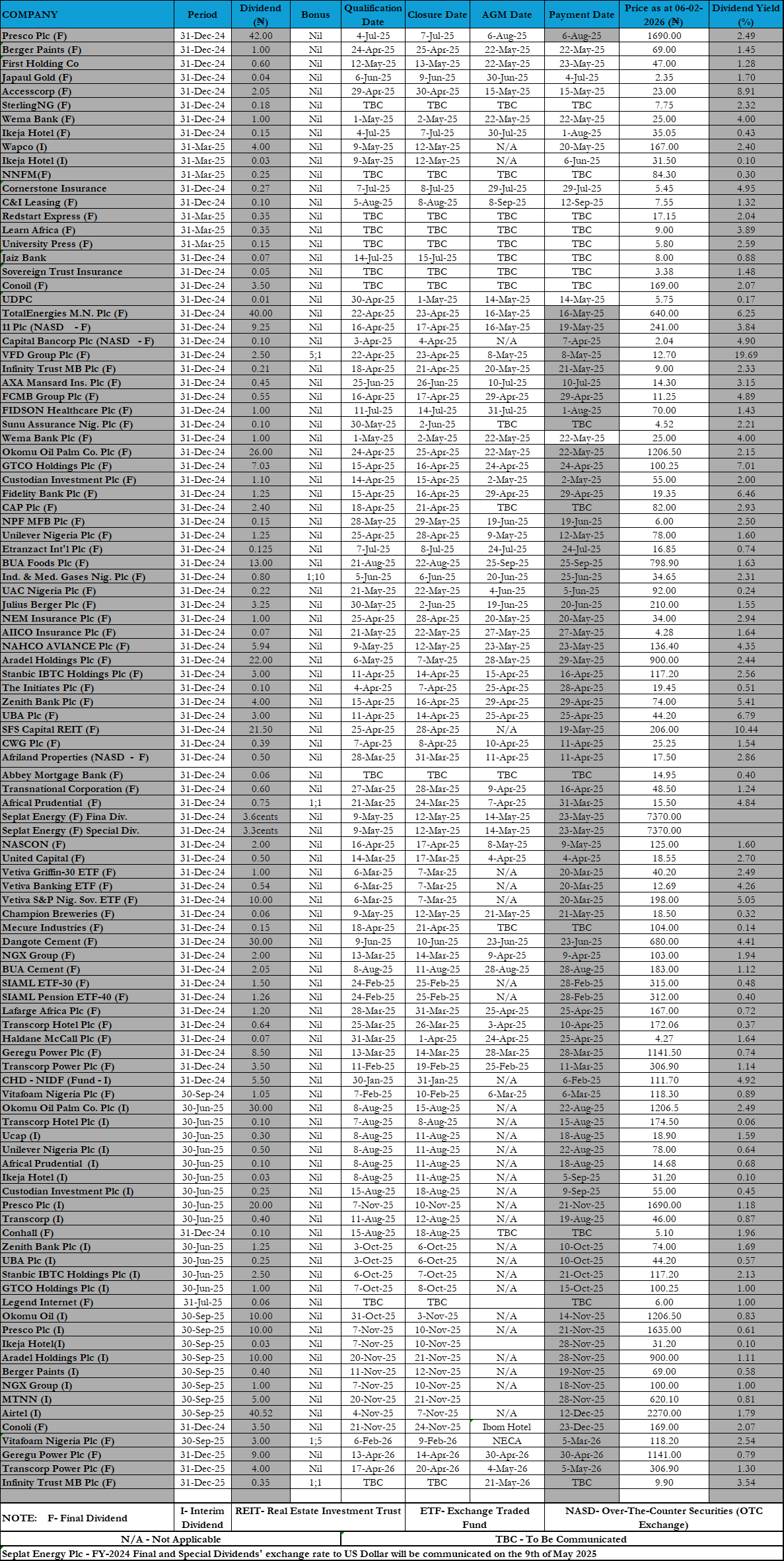
The board of FBN Holdings Plc, on Tuesday presented its unaudited financials for the nine months ended September 30, 2024, with high points such as the robust growth in top and bottom lines on the back of a 154.6% surge in interest income arising from the 128% growth in customer loans and advances, as well as loans and advances to banks.
The 130-year old financial power house also reported 194.2% rising in investment securities; 132.7% improvement in net interest income; and other operating income growth of 594.8%. All of these muted the impact of the 214.3% growth in interest expense, and 111.5% increase in credit impairment charges; following which net profit for the period improved by 124.9% within the period.
Gross earnings for the period rose to N2.218tr, of which N2.157tr was generated from the group’s commercial banking business; from N937.91bn in the corresponding period of 2023. A further breakdown of the revenue by geography showed that the lion’s share of the group’s earnings came from its Nigerian business, which contributed N1.651tr, from N780.051bn; while the remaining N600.481bn was derived from outside Nigerian, up from N182.336bn.
Interest income for the period rose from N617.06bn to N1.633tr, lifted by the N1.606tr also from commercial banking business; while interest expense grew to N759.071bn from N241.528bn; resulting in net interest income of N873.939bn, compared to last year’s N375.53bn.
Impairment charge for loan loss soared to N171.387bn from N81.041bn, as impairment on customer loans and advances increased from N70.563bn to N168.342bn. This resulted in net interest income after impairment charge for losses of N702.552bn, compared to the previous N294.489bn.
Fee and commission income grew from N139.534bn to N205.327bn, driven by electronic banking fees at N55.481bn from N48.78bn; followed by letters of credit commissions and fees of N31.251bn, up marginally from N27.536bn. Fee and commission expense increased to N33.683bn from N24.48bn.
Foreign exchange trading income increased to N37.66bn from N20.897bn; while foreign exchange revaluation loss grew from N118.274bn to N264.388bn; resulting in net foreign exchange loss for the period of N226.728bn, against the N97.377bn recorded in the prior nine months.
Net gain on sale of investment securities, however shrunk from N43.551bn to N10.541bn; net gains from financial instruments made up for it, rising to N551.76bn from N244.363bn. Dividend income rose to N9.74bn from N5.393bn. Other operating income leaped from N9.47bn to N68.08bn, boosted by the sundry income which grew to N58.322bn from N6.208bn. Operating expenses for the period grew from N212.194bn to N421.321bn of which maintenance rose to N88.076bn from N40.411bn; while AMCON (Asset Management Corporation of Nigeria) levy rose to N78.796bn from N48.861bn; among others.
Depreciation, amortisation and impairment climbed higher to N45.096bn from N24.037bn; as other operating expenses soared to N421.321bn from N212.194bn; following which operating profit improved from the previous N267.496bn, compared to N610.466bn.
Profit before tax for the period under review stood at N610.861bn, up from N267.881bn; with income tax expense growing to N84.582bn from N33.831bn. Profit After Tax, therefore grew to N526.279bn from N236.416bn; representing Earnings Per Share of N14.72, compared to the previous N6.54 each.












